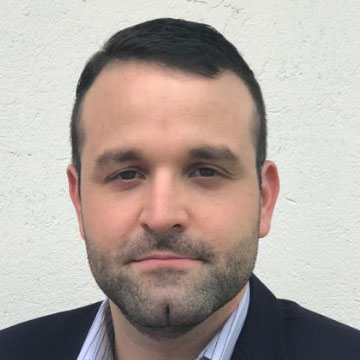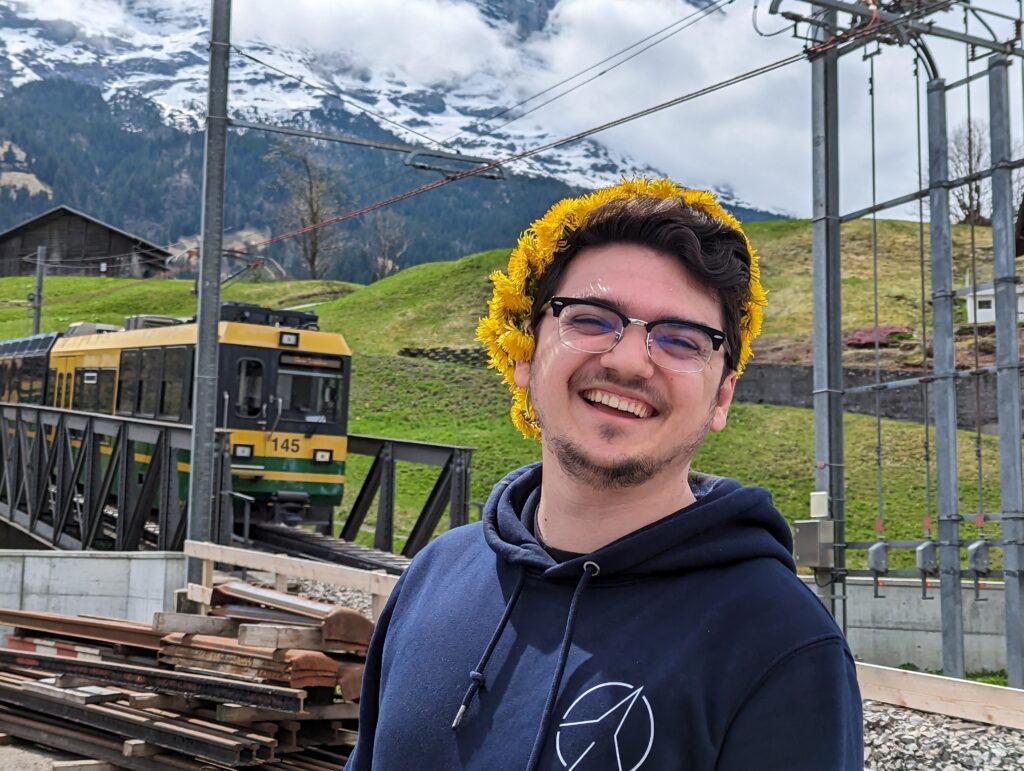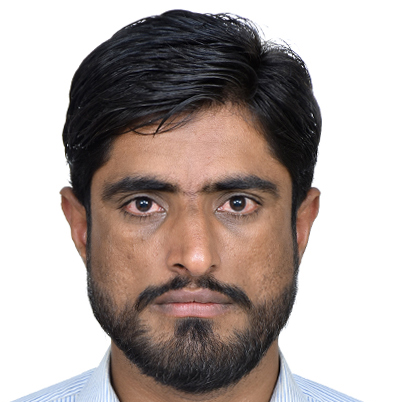Europe lags in innovation compared to its counterparts in North America and Asia. While European universities excel in producing high-quality scientific research, their ability to transfer technology and knowledge falls short compared to other regions of the world. The notion that scientific achievements will naturally lead to innovation, economic growth, and social well-being is misguided. Instead, a collaborative effort between industry, society and academia is required.
The ODECO project advocates for the establishment of sustainable open data ecosystems, representing a radical shift in the mindset that has driven open data initiatives for years. With 15 full-time researchers, the project generates high-quality research and innovative ideas to turn this vision into reality. This contribution is not designed to remain in a drawer, but it is meant to shape the thinking and actions of the hundreds of open data practitioners who support open data initiatives across Europe and the world. ODECO has built various bridges to achieve this bidirectional transfer of knowledge and experience between researchers and practitioners.
1) Industrial secondments: Each researcher must spend several months with one or more of our strategic partners across Europe, who are leaders in the global open data agenda. What do these organizations gain from hosting a researcher? The presence of an outsider provides an opportunity to reassess and view open data from fresh perspectives. Researchers have initiated activities such as co-creation workshops, game jams, usability tests of digital platforms, and other events that are often new to these organizations. These activities bring the organizations closer to the users of open data, enhancing their engagement and innovation.

2) Training Weeks: these are a hallmark of ODECO. Approximately every six months, all fellows gather at one of the consortium’s universities to share their research progress and explore a specific dimension of sustainability in greater depth. These events are enriched by the active participation of open data practitioners, who join to share their experiences, engage in live debates, and collaborate with researchers in co-creation sessions.
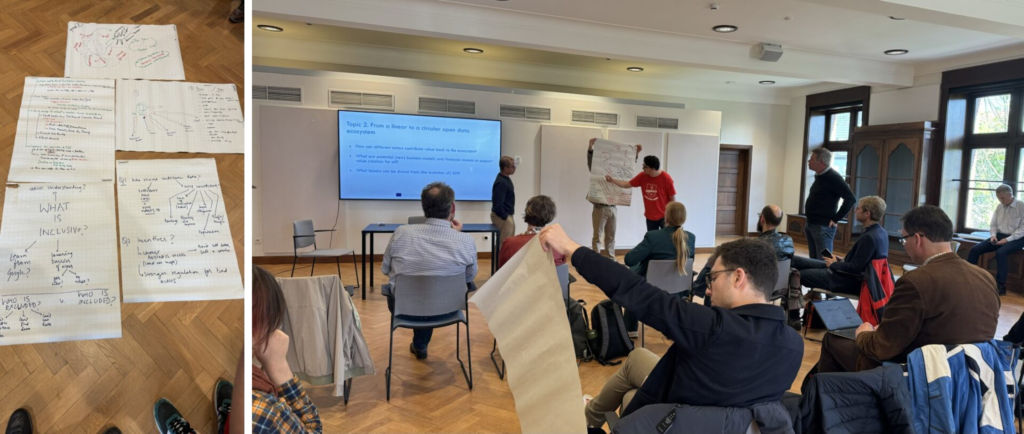
3) Small talk: knowledge transfer doesn’t need extensive planning -it can even be counterproductive; any opportunity can be seized to exchange knowledge. In a recent project, one of our research teams utilized open data from the largest platform for humanitarian mapping missions. The outcomes produced numerous recommendations to enhance the effectiveness of these initiatives. It was important for the team to reach out to organizations in the humanitarian mapping sector to share their findings and solicit feedback before, during and after the publication of results. This exchange allowed for valuable insights to be both given and received, even though these organizations are not part of the consortium.
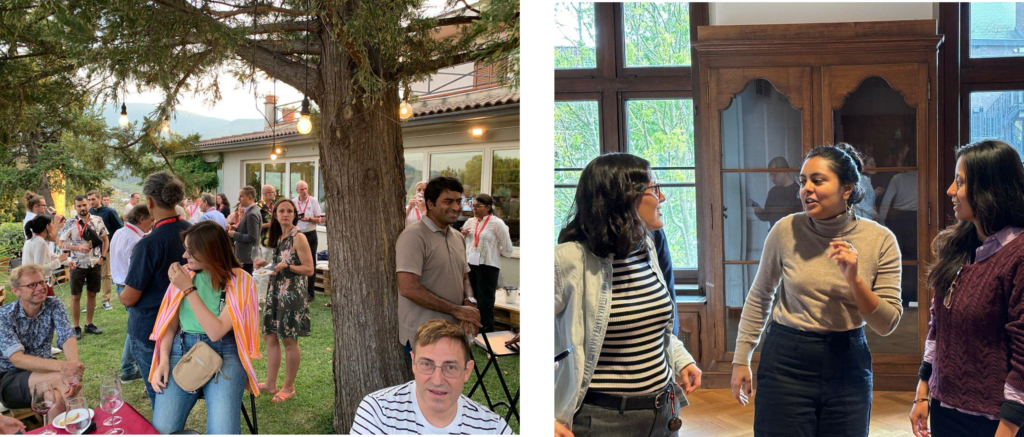
Of course, technology and knowledge transfer do not stop here. In the long run, collaboration should result in tangible products such as joint publications, patents, software, and standards, among many others. However, regardless of the magnitude of the expected outcomes, the very first step is always about building bridges.
Authors:

